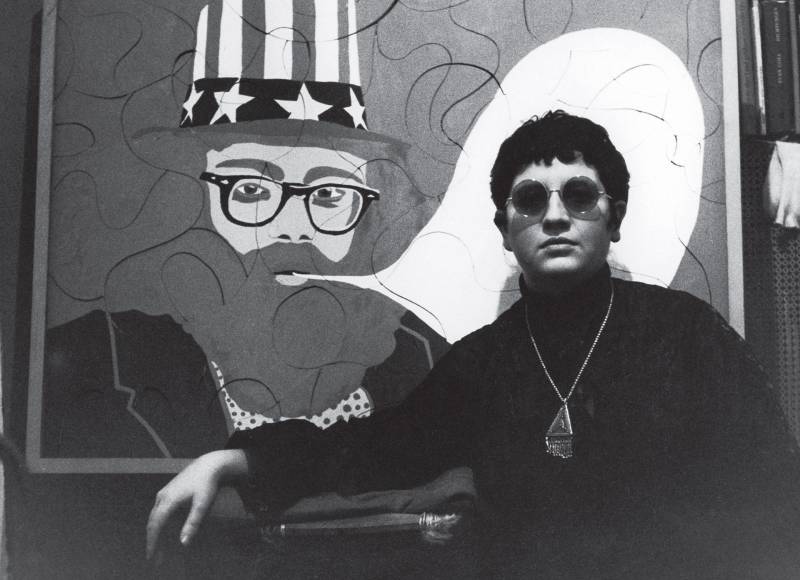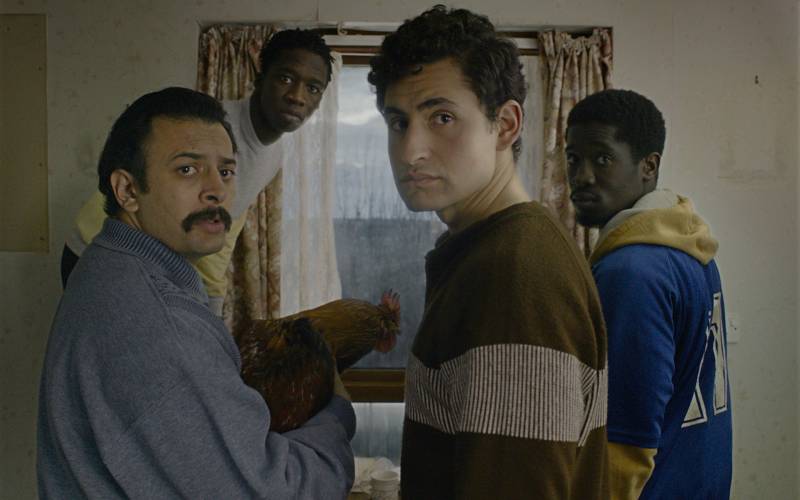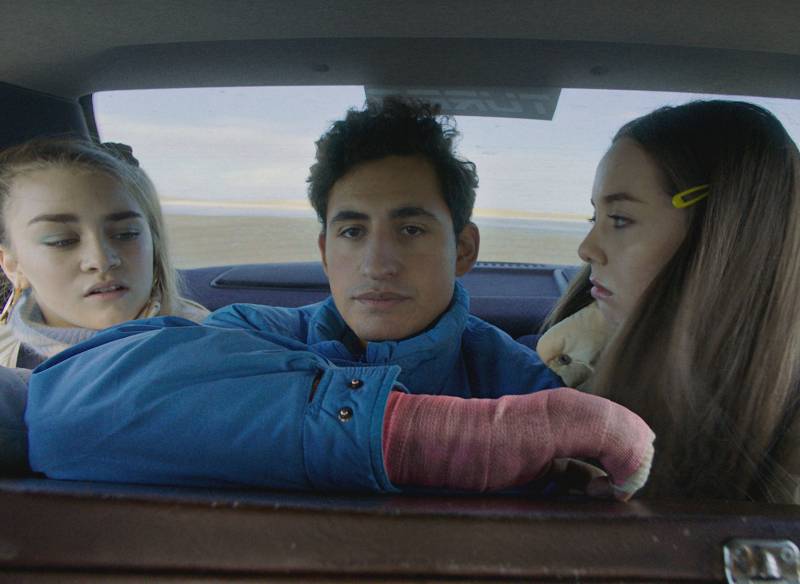The choice of location and setting is an essential element of most movies, even leaving aside the multitude of flicks that unfold in any-old big city, generic suburb, lookalike apartment and anonymous hotel room. From a barren Scottish island to frenetic Paris to stripped-down Stockholm, the sites of this week’s picks are intertwined with their characters’ states of mind.

Paris Calligrammes
Now playing
BAMPFA virtual screening room
The prolific German filmmaker, photographer and stage director Ulrike Ottinger has always been a seeker—of fellow artists, remote places and personal revelation. Paris Calligrammes, slated to screen here a year ago as part of the COVID-cancelled SFFILM Festival, finds her buoyantly bringing to life a formative period in her artistic and personal development: Paris in the ’60s. An incredibly alive and pleasurable film, it marks a high point in the subgenre of first-person documentaries about impressionable youth.
Ottinger was just 20 when she lit out for Paris from her small rural town in 1962. Her Isetta microcar conked out en route, so she ditched it on the side of the road and hitchhiked the rest of the way. She gravitated to Saint-Germain-des-Prés, fell under the sway of German bookseller Fritz Picard, met a range of artists, began her career and rode the wave of political consciousness and social turmoil.
Paris Calligrammes is utterly free of the off-putting cling of nostalgia, largely because Ottinger is far more interested in honoring and highlighting other people than in dominating the narrative. As a result, Ottinger’s erstwhile memoir works as both a record of a kinetic social history and as an inspiration to young artists seeking just such a scene today.
The film is part of an extensive BAMPFA retrospective, East Meets West: The Films of Ulrike Ottinger, which screens virtually in conjunction with a career-spanning exhibition of Ottinger’s photographs at the museum, which reopens Apr. 30.

Limbo
Opens April 30
Embarcadero Center Cinemas, Shattuck (Berkeley)



